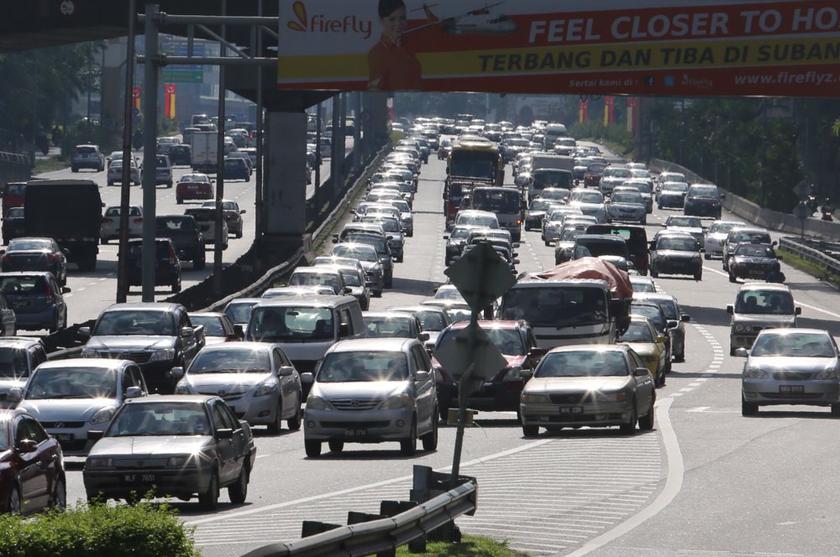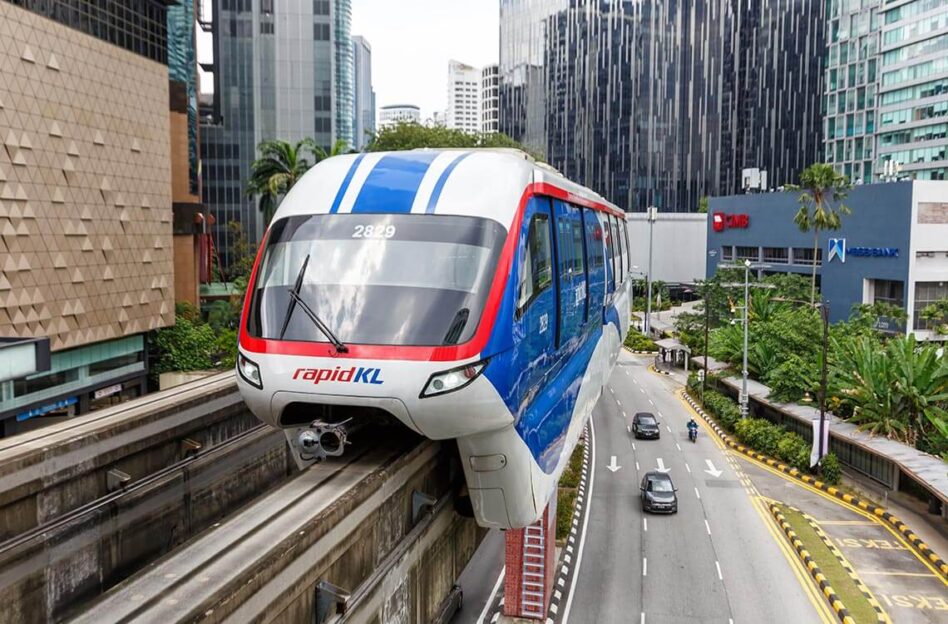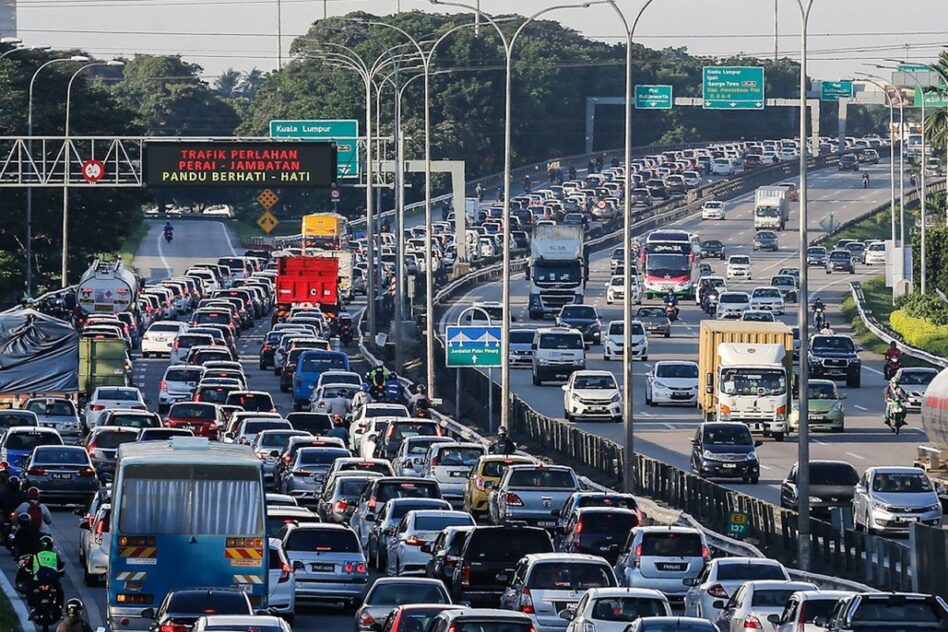
CAR ownership is deeply embedded in Malaysian society. From daily commutes to quick trips to the kedai runcit, cars dominate our transportation choices. This car-centric culture, which has evolved over decades, carries far-reaching yet often overlooked consequences.
The foundation for car dependency was laid in the post-Merdeka era with rapid economic growth and the expansion of road networks connecting urban and rural areas.
Early urban planning favoured road space over pedestrian and public transport infrastructure, setting a precedent for car-centric development.
The oil boom of the 1970s and 1980s accelerated this trend. Government policies, including tax incentives and the creation of national car companies like Proton, made car ownership increasingly accessible.
Simultaneously, the rise of low-density suburban living and heavy investments in highways reinforced reliance on private vehicles.
The proliferation of highways and shopping malls with humongous carparks in suburban areas, combined with urban sprawl, entrenched car use as the primary mode of transportation.
Introduced in 2005, blanket fuel subsidies artificially lower petrol prices, benefiting all drivers regardless of income or vehicle type.
This has made driving cheaper, encouraging more frequent use and the purchase of less fuel-efficient vehicles, thus reinforcing car dependency.
Securing a car loan in Malaysia is relatively easy compared to many other countries. Lower down payments, extended loan tenures, low interest rates, and affordable local cars make car ownership more attainable.
Disinvestment in public transport

Malaysia’s heavy reliance on private vehicles has stunted the development of its public transportation system.
This is evident in the contrast between the extensive highway network and limited metro lines in the Klang Valley, as well as inadequate KTM rail coverage across the peninsula.
Insufficient funding, poor long-term planning, and operational challenges have hindered the creation of a reliable public transit network. For instance, the Klang Valley needs at least 7,000 buses for reliable service, yet the current fleet falls significantly short.
Urban sprawl exacerbates these challenges. Expanding MRT lines through low-density areas, often highly elevated to avoid existing highways, increases costs and complexity. Extended bus routes across less populated suburbs result in low ridership, reduced frequency, and declining reliability. These factors drive people toward car ownership.
Hostile environments in our tamans
Our car-centric culture has created an environment hostile to walking and cycling. Many local tamans lack essential infrastructure like sidewalks, sheltered walkways, and protected bike lanes, discouraging these healthier, more sustainable modes of transportation.
Even where such facilities exist, the ingrained car culture often leads people to choose driving due to its perceived convenience.
Lenient parking regulations exacerbate this issue. The abundance of free or cheap parking in commercial areas, coupled with lax enforcement of illegal parking, has normalised car dominance.
The recent news of a government official parking on a sidewalk highlights how normalised this problem has become.
Additionally, numerous car and motorcycle workshops have turned our neighbourhood commercial hubs into polluted, unsightly areas. These businesses often encroach on sidewalks and compete for limited parking, further degrading our urban environments.
Vacant land in neighbourhoods, which could be developed into green spaces, is often at risk of being converted into car dealerships overnight. Local councils seem overly accommodating to the automotive industry, often at the expense of residents.
Car-centric urban planning contributes to a cycle of neglect. Spreading suburbs reduce tax revenue and strain council budgets, leading to neglected services like road repairs and pedestrian safety.
This financial strain often forces councils to lease vacant land to any interested party, regardless of the impact on the community.
The consequences of car addiction

Despite billions invested in Klang Valley’s public transport infrastructure, traffic congestion continues to worsen.
Urban planners, entrenched in a car-centric mindset, persistently propose widening roads and building more highways, a strategy that has consistently proven ineffective.
The Selangor government’s consideration of additional highways, including the controversial PJD Link, exemplifies this counterproductive approach.
Car-centric development has led to a serious road safety problem, with a shockingly high number of fatalities. In 2022 alone, 6,067 lives were tragically lost due to road crashes, translating to an average of one death every 90 minutes.
The economic burden of these accidents is substantial, affecting not only the victims and their families but also the nation as a whole.
Malaysia’s alarming obesity rate, the highest in Southeast Asia, is exacerbated by a car-dependent lifestyle. This, combined with poor dietary habits, places immense strain on our overworked healthcare system.
Highways have also facilitated illegal street racing, contributing to public health issues and environmental degradation through chronic air and noise pollution.
Liveable environments are increasingly transformed into exclusive commodities marketed by private developers. Developments like Desa Park City, with their tree-lined streets and pedestrian-friendly zones, highlight the disparity between the wealthy and the less affluent.
This exclusivity exacerbates existing inequalities, as amenities accessible to the wealthy remain out of reach for the majority.
Additionally, rising youth bankruptcy is often linked to lifestyle factors like car ownership. The status symbol of cars encourages significant debt among young Malaysians, which, combined with high living costs and limited financial literacy, can quickly lead to financial ruin.
The ongoing expenses of car ownership – fuel, insurance, and maintenance – strain finances for all Malaysians, already struggling with many other living costs.
Is there a way out?
Malaysia’s overreliance on cars casts a long shadow over financial stability, environmental health, infrastructure quality, public health, and social equality.
While car ownership is often promoted as the ultimate freedom, it is, in reality, a carefully crafted illusion. We are trapped in a cycle of car dependency, sacrificing our cities and quality of life in the process.
This silent crisis has evaded serious government intervention. Will the Madani government confront Malaysia’s silent crisis and explore potential solutions?
Boo Jia Cher is a Focus Malaysia reader.
The views expressed are solely of the author and do not necessarily reflect those of MMKtT.
- Focus Malaysia



No comments:
Post a Comment
Note: Only a member of this blog may post a comment.